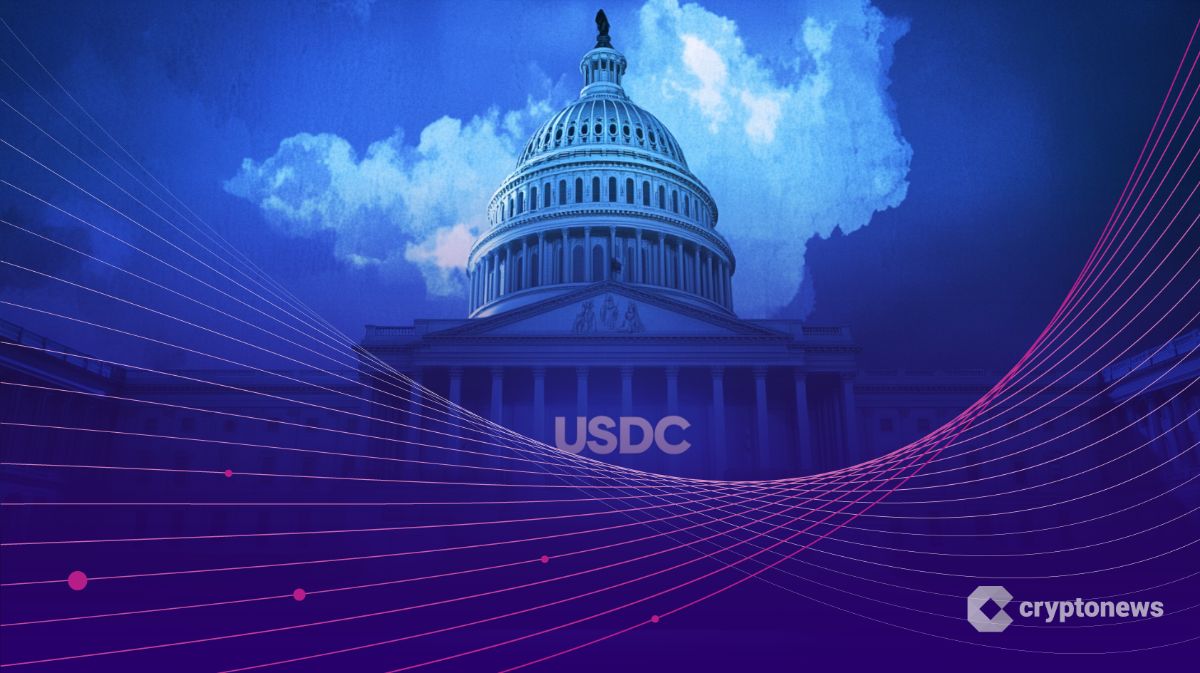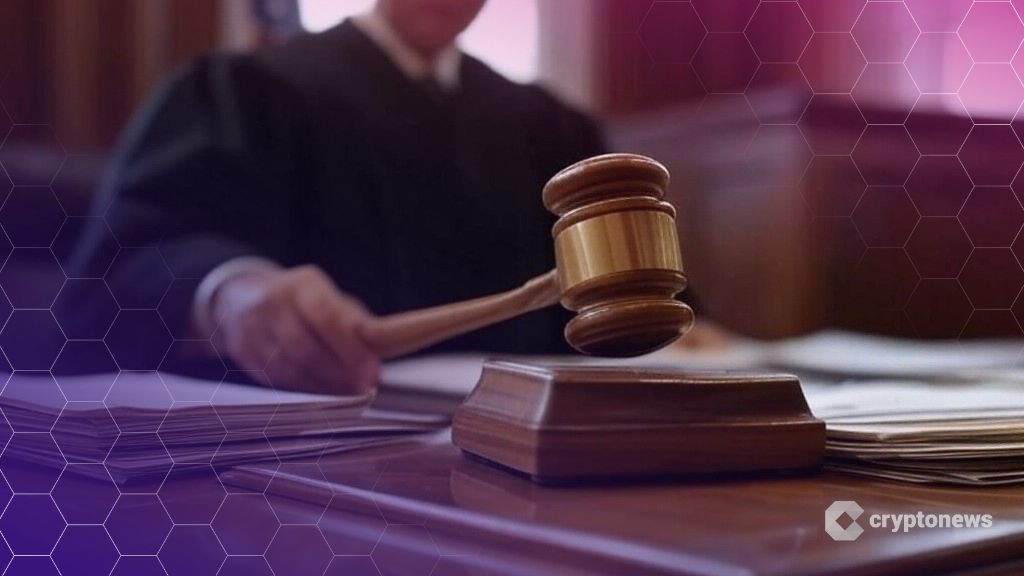Fireblocks, Polygon, Solana, Stellar & TON Form $10T Consortium to Standardize Stablecoin Payments

Seven leading blockchain infrastructure providers—Fireblocks, Polygon Labs, Mysten Labs, the Monad Foundation, the Solana Foundation, the Stellar Development Foundation, and the TON Foundation—have announced the launch of the Blockchain Payments Consortium (BPC), an industry-wide initiative to standardize digital asset transactions across networks.
The founding members represent over $10 trillion in annual stablecoin transaction volume. According to the statement, the group will develop a unified framework to make cross-chain stablecoin transactions as seamless and data-compliant as traditional payments.
Building a Common Framework for Cross-Chain Payments
In 2024, on-chain payment volume reached nearly $20 trillion, surpassing Visa and Mastercard combined. Yet despite this explosive growth, blockchain payments remain fragmented by differing technical standards, compliance protocols, and settlement mechanisms.
The Blockchain Payments Consortium will establish a common framework for interoperability, designed to bring the ease, reliability, and regulatory consistency of traditional payment networks to blockchain-based systems.
By coordinating between blockchains, regulators, and financial institutions, the group seeks to lay the groundwork for a unified, borderless payments infrastructure.
“Over the last 18 months, our industry has achieved mainstream adoption, with payments at the forefront,” said Ran Goldi, SVP of Payments and Network at Fireblocks.
“As more established players enter the space, improving how we collaborate, coordinate, and operate together is essential. The Blockchain Payments Consortium offers a vital platform to achieve this,” added Goldi.
Industry Leaders Align Around Interoperability
Executives from across the founding members emphasized that interoperability and compliance are the final hurdles for blockchain payments to achieve global scale.
“At Polygon Labs, we see payments as the most powerful real-world use case for blockchain,” said Jamal Raees, head of payments at Polygon Labs. “The future of payments is about connection and simplicity—making it as easy and reliable as sending a text.”
Lola Oyelayo-Pearson, director of commerce and consumer product at Mysten Labs, notes that high-friction interactions between fiat and blockchain systems have deterred mainstream adoption. “The future of hybrid payments will not exist without standards for interoperability,” she said.
Raj Parekh, head of stablecoins and payments at the Monad Foundation, added that aligning innovation with financial regulation is key to scaling blockchain payments globally. “BPC’s framework will help bridge that gap and enable faster, safer, and more consistent payment experiences.”
Toward a Global, Trusted Blockchain Payments Network
From Solana to Stellar and TON, members share a vision of blockchain payments that combine speed, scalability, and trust. “Solana enables capital to move at the speed of the internet,” said Sheraz Shere, GM of payments at the Solana Foundation. “BPC will help define shared standards that make blockchain payments as seamless and trusted as any traditional network.”
Raja Chakravorti, chief business officer at the Stellar Development Foundation, emphasized that “true global adoption requires more than just speed—it demands trust, interoperability, and clear standards.”
Nikola Plecas, VP of payments at the TON Foundation, concluded: “Through the Blockchain Payments Consortium, we’re uniting networks, institutions, and enterprises to make blockchain payments fast, trusted, scalable, and global.”
The BPC will begin operations immediately, with working groups focused on technical standards, compliance frameworks, and institutional integration set to launch in Q1 2025.
The post Fireblocks, Polygon, Solana, Stellar & TON Form $10T Consortium to Standardize Stablecoin Payments appeared first on Cryptonews.



